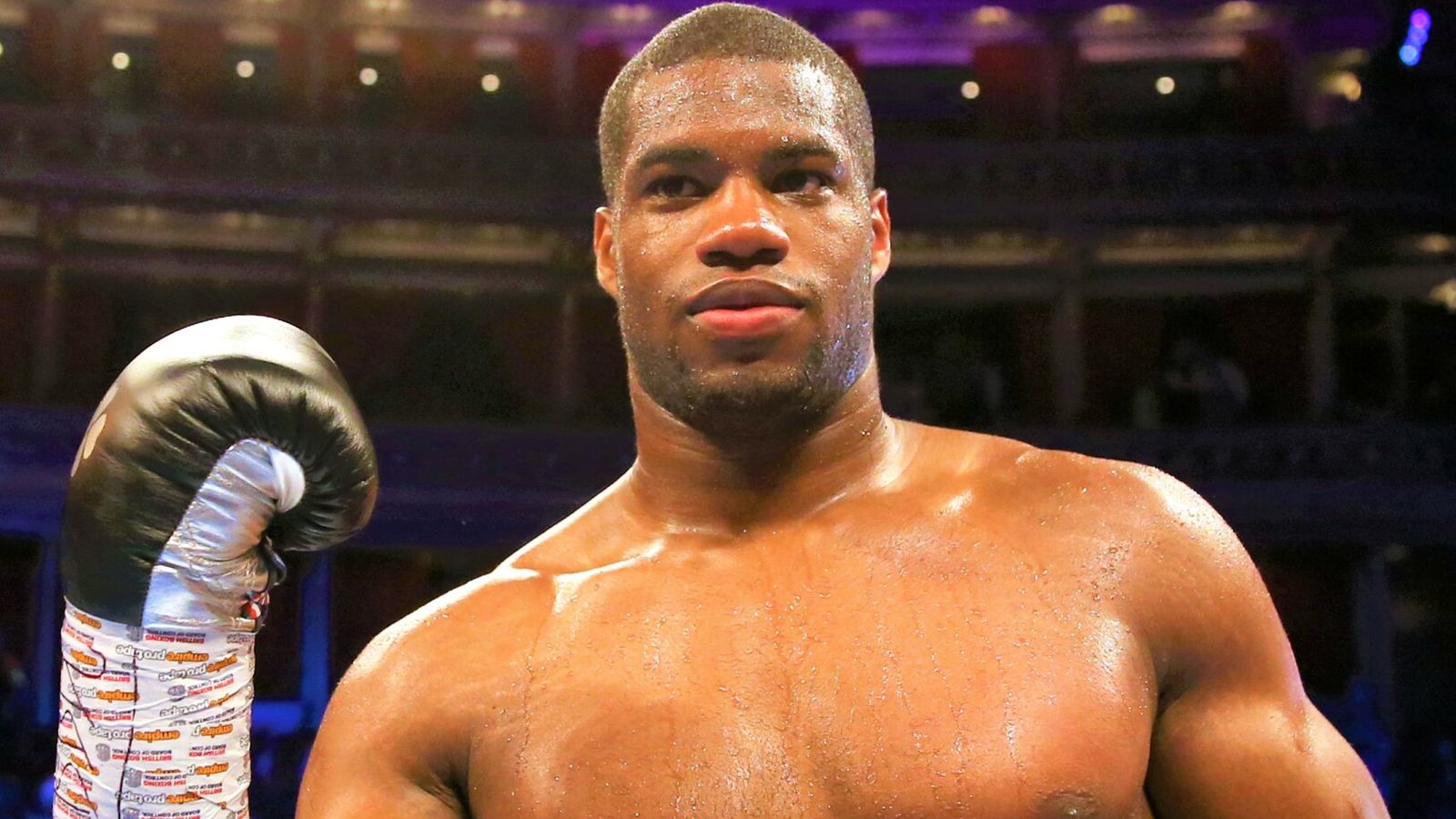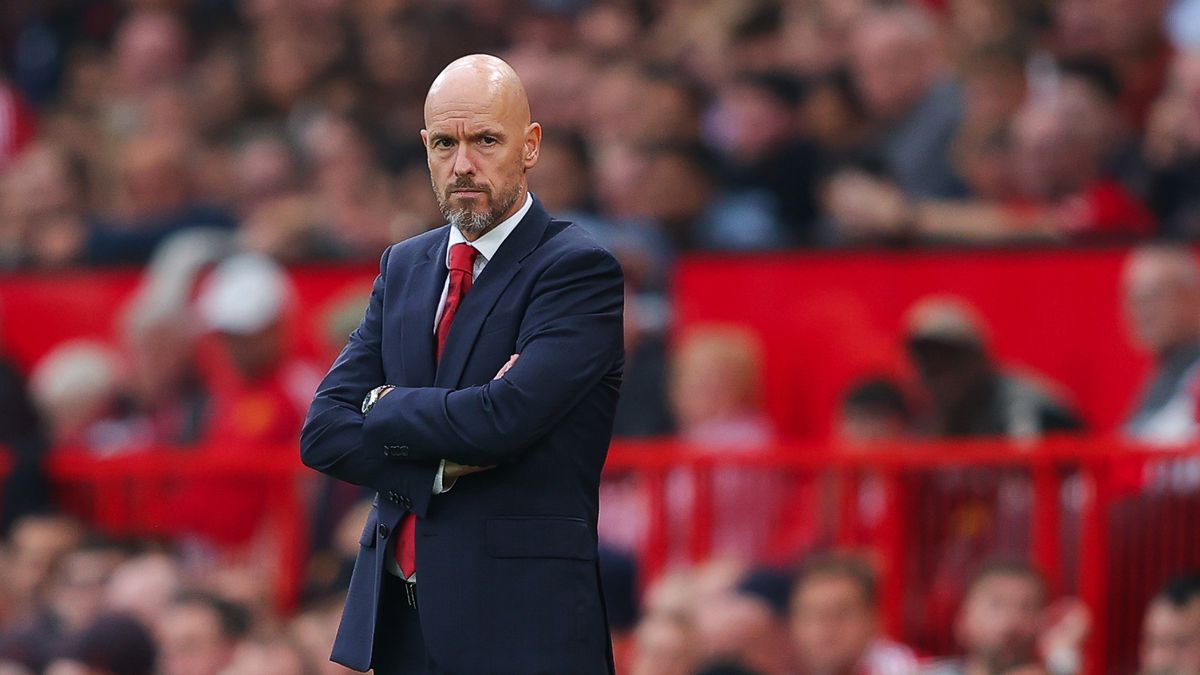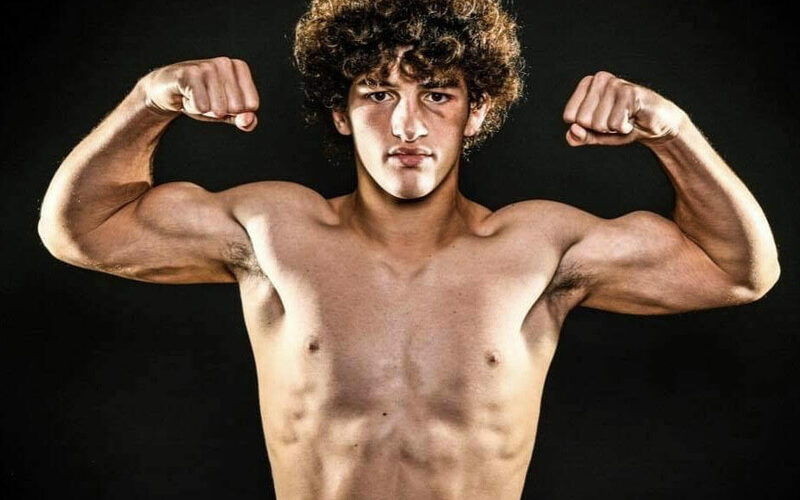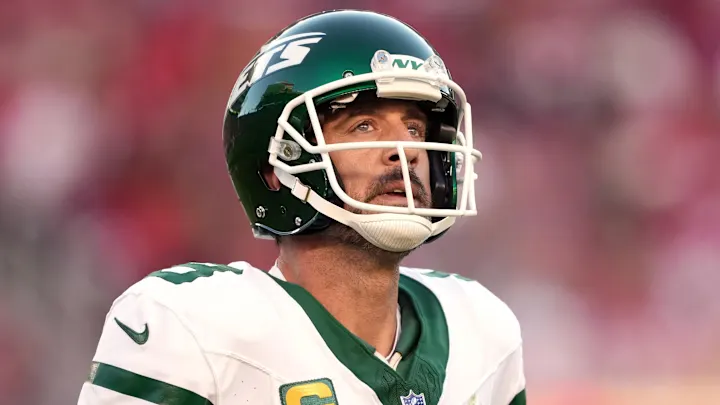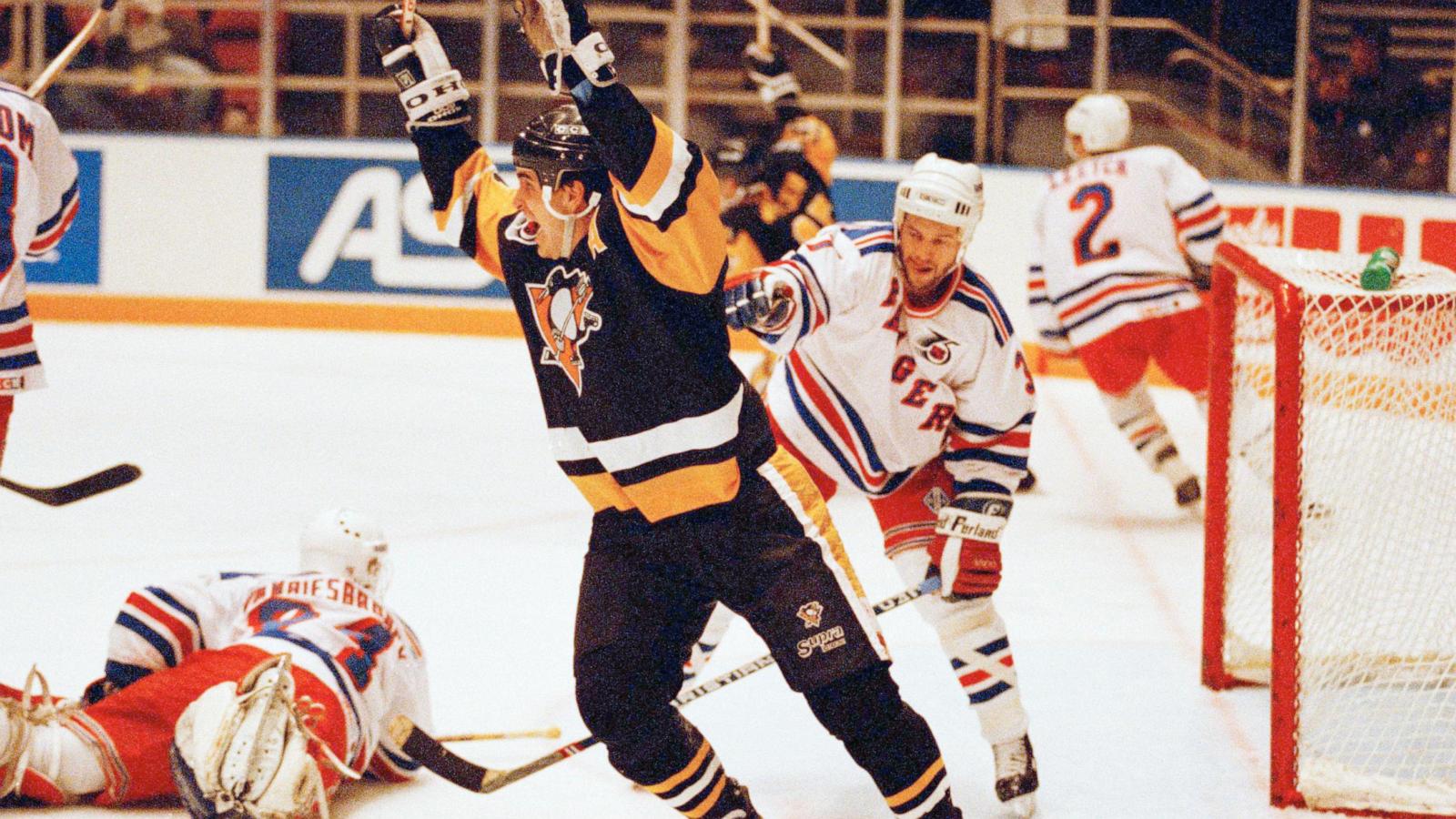CULLEN, DECKER AMONG 4 PLAYERS, 1 TEAM ELECTED TO U.S. HOCKEY HALL OF FAME
Stevens returned to hockey following a devastating facial injury with Pittsburgh during the 1993 playoffs and showed resilience in overcoming substance abuse during his career. He created Power Forward Inc. in 2018, a non-profit established to provide resources and education to battle opioid addiction. He currently serves as a special assignment scout with the Penguins.
“If I can help one person every day, I’ve done my job,” Stevens said. “My main objective now is trying to help people get better and the hockey stuff is great, too. When I scored 55 goals (in 1992-93 to set a U.S.-born NHL record) that was a good number I guess, but the way these guys can play now, we all see how they train, and the hockey is crazy good. I didn’t really remember I had the record until it was broken (by Auston Matthews in 2022). It was a good amount, but I knew sooner or later it would be trounced and it’s been trounced on a couple times by Auston Matthews.”
The left wing represented the U.S. four times internationally, scoring seven points (four goals, three assists) in eight games to win a bronze medal as captain at the 1996 IIHF World Championship. Stevens had 170 points (71 goals, 99 assists) in 158 games during four seasons at Boston College (1983-87).
Posthumously inducted into the Hockey Hall of Fame in 1963, McLaughlin served as a catalyst for the growth of hockey not only in Chicago but throughout the midwest and beyond during the 1920s and 1930s.
In 1926, McLaughlin, the son of a prosperous coffee merchant who took over the family business four years after graduating from Harvard University in 1901 when his father died, led a group of Chicago businessmen in purchasing the NHL expansion Chicago Black Hawks. The team received its namesake from the Army’s 86th Blackhawk Division of the 333rd Machine Gun Battalion, which McLaughlin commanded during World War I.
“I think a 2017 New York Times article that focused on [McLaughlin’s] campaign to promote American players was something I didn’t appreciate until I read that article and I found it amazing that he pursued that for almost 20 years even though he was criticized so heavily for it at the time,” said McLaughlin’s granddaughter Castle McLaughlin. “People thought he was crazy, and he persisted in trying, in that goal, to develop more American players. That would have to be my most memorable thing I was able to learn about my grandfather.”
McLaughlin was hands-on in team operations and often involved himself in player decisions and coaching changes, helping lead the Blackhawks to their first Stanley Cup championship in 1934. Chicago won the Stanley Cup under McLaughlin again in 1938, and he remained active with the organization until his death in 1944 at age 67.
The 2002 U.S. Paralympic Sled Hockey Team made history as the first American team to win gold in the Paralympic Games in Salt Lake City, Utah. Under coach Rick Middleton, who spent 14 seasons in the NHL, the U.S. went undefeated and outscored the opposition 22-3 in Salt Lake City. It defeated Norway 4-3 in a shootout to win gold. Ten of the 15 players on the U.S. roster were paralympic rookies.
U.S. defenseman Sylvester Flis was named the 2002 Paralympic MVP and led the tournament with 11 goals and 18 points, which each set paralympic single-tournament marks.
“Bringing Rick Middleton on board (as coach) was a tremendous success for us,” said Kip St. Germaine, who scored the winning goal in the shootout in the gold medal game. “It brought instant credibility amongst the players because of the career he had in the NHL and his knowledge of the game … he translated it to our game. Rick focused on our strengths, our speed and minimized our weaknesses. With sled hockey, you could use both hands, but we only had one player who was a left-handed shot, everyone else was right-handed. So we put everything to the right-hand side, dumped it in and chased it that way. The other team had to look over their shoulders to see where we were coming from. It was really instrumental bringing Rick on board.”


